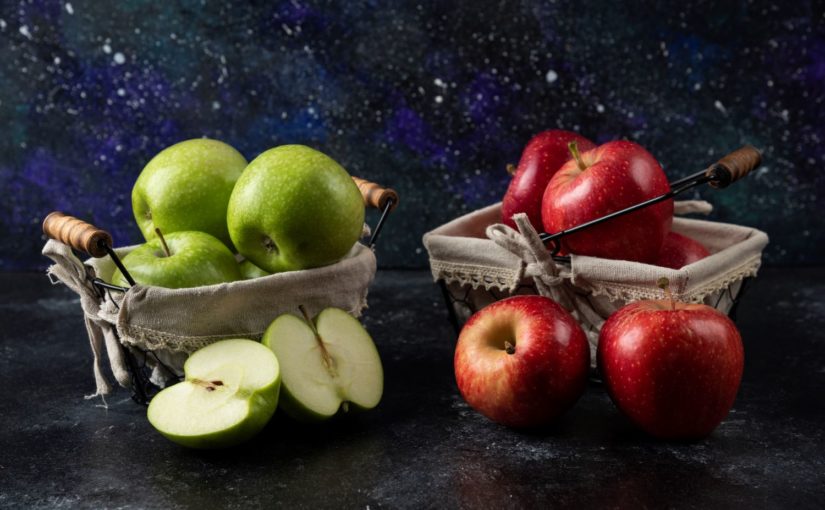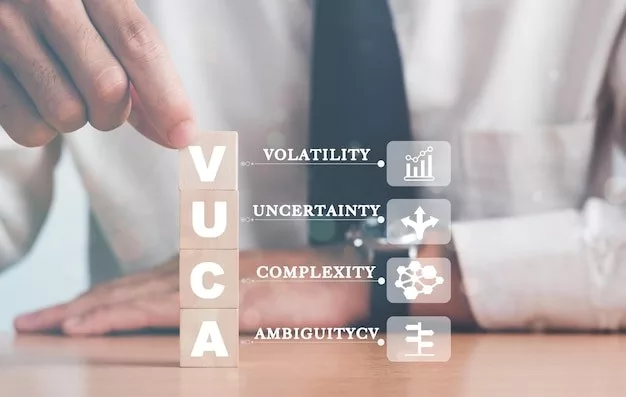Bei James geht es um die Perspektive des Sklaven Jim, der sich in den selbstbewussten und willensstarken James verwandelt. Jim ist die Koseform von James. Allein durch die „gefühlte“ Namensänderung, wird die Wandlung des harmlosen, etwas stupiden Sklaven zum freien, intelligenten Mann deutlich.
Die Geschichte ist angelehnt an Mark Twains „Tom Sawyer und Huckleberry Finn“ Geschichte. James soll von seiner Familie getrennt werden und flieht, um so nach seinem Plan, dann sie freikaufen zu können. Der Leser wird entführt, die Ungerechtigkeit und Willkür der weißen Sklavenhalter zu erleben und die damaligen Schutzmechanismen der afroamerikanischen Bevölkerung zu erkennen. Eine Überlebensstrategie war sich, mit Absicht dümmer zu stellen, als man ist und unterwürfig zu zeigen. Um dieses Verhalten durchhalten zu können, entwickeln die amerikanischen Sklaven Satire und Slapstick, das von der weißen Bevölkerung als Eigenart von Sklaven einsortiert wird, da diese nichts anderes sind als „menschenähnliche Wesen.“
Das Buch hat mich gefesselt und durch die Szenen der Ungerechtigkeit und der Schutzmechanismen der unterworfenen, ausgebeuteten Sklaven zum Nachdenken gebracht. Die Wandlung von Jim in James ist sehr gelungen. Von einem gefügigen, akzeptierenden Sklaven, der bisher nur innerlich revolutionierte in einen selbstbewussten, kritischen und handlungsbereiten freien Mann ist erstaunlich gut gelungen. Die Deutlichkeit, in der die Schutzmechanismen der Sklaven dargestellt werden, ist plastisch und klar. Allerdings zu Beginn etwas irritierend. Spannend fand ich die unterschiedlichen Haltungen zu den Sklavereien sowohl von Seiten der Sklaven als auch von Seiten der Sklavenhalter. Dies ist meiner Meinung nach fantastisch gelungen. Ebenso wird angedeutet, wie ein plötzlicher „Sklaven-Besitz“ die Haltung und Einstellung ändern kann und eine Wandlung zum Freidenker in einen Besitz-Denkenden vollzieht. Etwas holperig fand ich die später herausgearbeitete Beziehung zu Huckleberry Finn, was aber dem Buch keinen Abbruch tut und eine weitere Fassette ergänzt, über die in Geschichtsbüchern eher kaum etwas zu finden sein wird.
Vieles davon ist übertragbar auf unsere eigene Haltung im Alltag, auf unsere Denkweise gegenüber anderen Nationen und Bevölkerungsgruppen. Wozu wollen wir gehören, zu den Menschen, die sich erheben oder zu denen, die Menschen als Menschen sehen, egal, wer sie sind und woher sie kommen? Es war für mich eine fantastische Grundlage, über meine eigenen Vorurteile nachzudenken. Die Geschichte zeigt auch, dass jeder von uns nur das wahrnimmt, was er wahrnehmen möchte.









